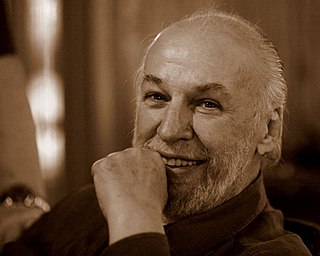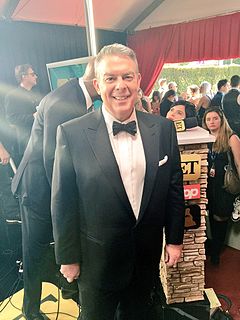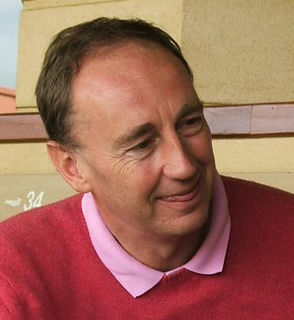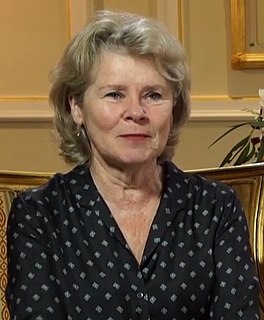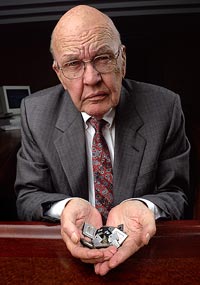A Quote by George Carlin
When you start in the childhood period, when you begin to form a comic sense, it was the radio comedians - from the last days of radio and the first days of television. And Spike Jones. And the Marx Brothers. They represented anarchy. They took things that were nice and decent and proper, and they tore them to shreds. That attracted me.
Related Quotes
When my generation, those early days of television - I know I've been thinking about this lately - my two flashes of me as a little boy. One, I'm standing in front of the radio freaking out that Nat King Cole's singing 'Lady of Spain', just this stuff coming out of the radio, and Guy Williams singing 'Wild Horses' coming out of the radio.
Listen- my relationship with radio on a personal level is nothing but a one way love-a-thon... I love radio, I grew up on radio. That's where I heard Buddy Holly, that's where I heard Chuck Berry. I couldn't believe it the first time I heard one of my records on the radio, and I STILL love hearing anything I'm involved with on radio, and some of my best friends were from radio. But we were on different sides of that argument, there's no question about that.
In the Depression, besides everybody being poor, our entertainment was much more primitive and innocent. The comic strip, which I so venerated, was still a very new form. Movies had just become talkies. Radio had just gone coast to coast for the first time. Network radio had just begun when I was a kid. So all of these forms were more or less in their infancy, and feeling their oats. Comics were fresh and funny and nervy, and in a sense, defiant of the prevailing culture.
The first comedians I became fascinated with were the Marx brothers. I couldn't get enough of them. Later in life, I thought, "Well, maybe it's because they were so rebellious and they were just flipping the bird to society and all the rules we're supposed to follow." They were saying that none of it is fair.
'Boneless,' even though we were thinking about servicing it to radio, it made more sense putting a vocal on there. This was actually the first time that I really looked at doing a song for radio and kind of let go of some control and listened to a lot of different radio pluggers and had Ultra come in and help out with ideas.




